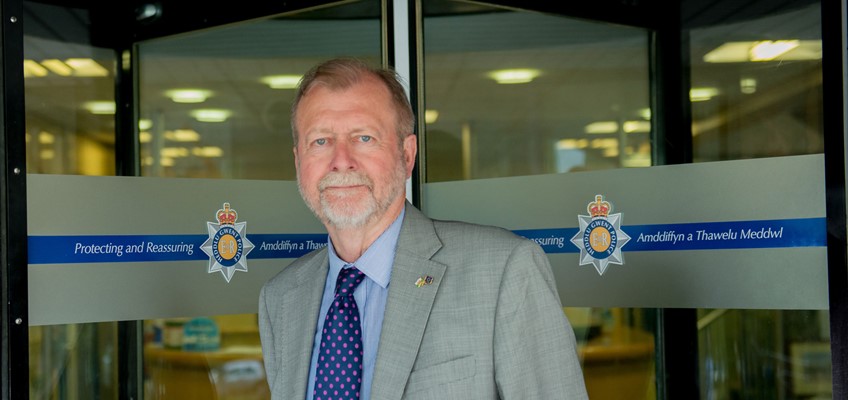Gwent PCC Voices Concern Over Digital Evidence Consent Forms
The Police and Crime Commissioner for Gwent, Jeff Cuthbert, has expressed concern that the blanket use of digital evidence consent forms will prevent some victims of crime from coming forward.
Digital evidence consent forms were launched across the UK in January to bring a uniform approach to the way in which police officers request access to mobile phone data from those alleging rape, sexual assault and other offences.
The forms were originally designed to ensure consistent approach to investigations, following the collapse of a series of rape trials in which crucial digital evidence had not been disclosed to defendants and their lawyers.
Mr Cuthbert said: “This is a hugely divisive issue, as we have a duty to balance the need for a fair trial while also protecting people at their most vulnerable.
“We know that the biggest barrier to victims speaking out is the fear of not being believed. This often triggers self-blame; an understandable but toxic response when people need the greatest support.
“Victims already feel very exposed and vulnerable following any kind of sexual abuse. The digital consent forms grant investigators complete access to everything on a mobile phone, regardless of whether it is relevant to a fair trial or not. In an increasingly digital age, it is entirely understandable that this makes it increasingly difficult for victims to speak out, knowing all aspects of their lives may be scrutinised.
“While the digital consent forms are simple in theory, they pose a massive barrier to victims. At their most vulnerable, they are being asked to sign over complete rights to everything they hold private. Therefore, while I fully understand and appreciate the rationale behind the forms, I believe greater consideration needs to be given to their use.”

